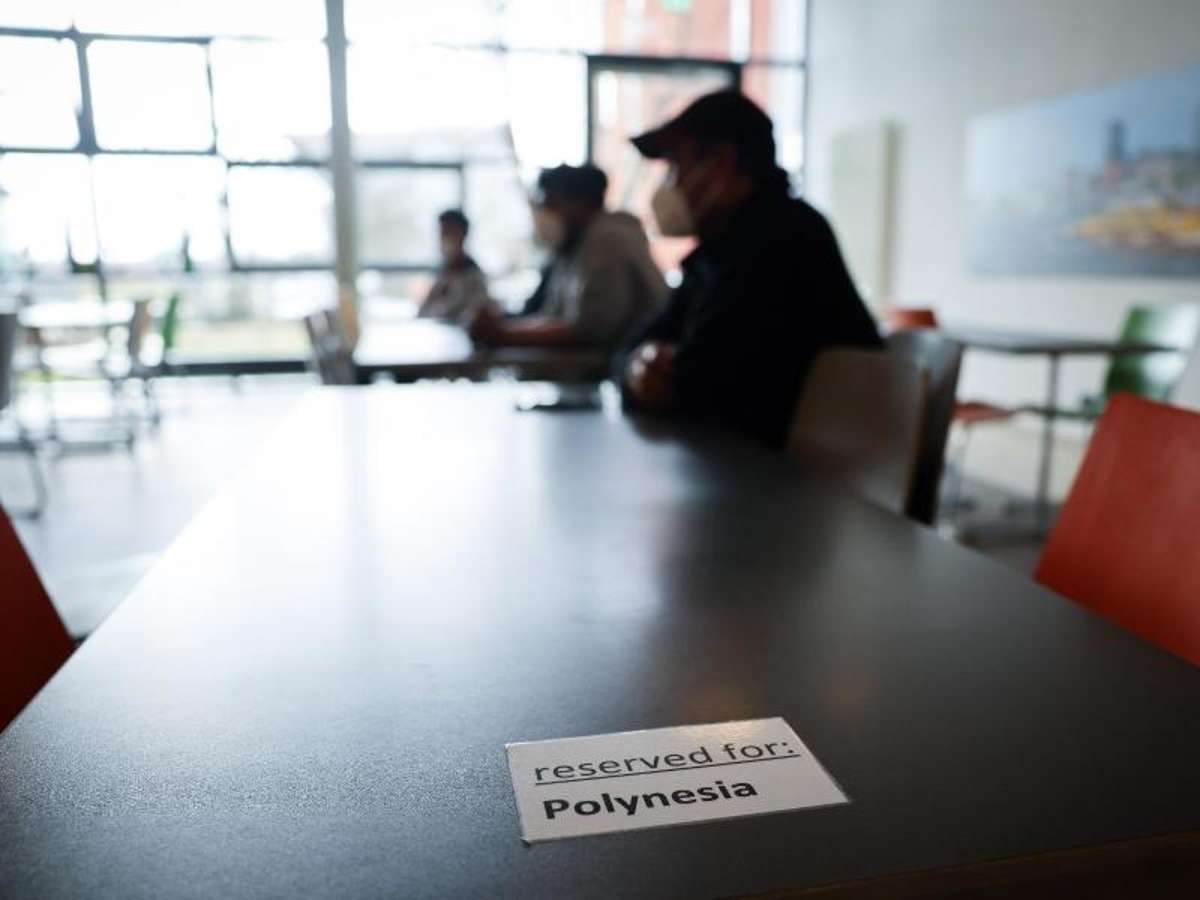
To Hamburg and back: Kiribati sailors on the Corona voyage – entertainment
However, the government’s actions have dire consequences for seafarers. Because unlike most of the 500,000 seafarers who were temporarily stuck somewhere around the world, they suddenly became homeless and didn’t know where to go. Pastor Restau says: “Because if the homeland does not want it, then nobody wants it either.” But they couldn’t stay on the ships either. “They are totally tired,” says Pastor Restau. “It’s terrible.” You are so exhausted. The mental and physical state of the sailors after up to 20 months on board the ship was so desolate that they could not continue to operate. Even without going to the beach, which was partially turned down.
If not to work, after consulting with the governments concerned, several shipping companies decided to bring the sailors to their headquarters, including Leonhardt & Blumberg from Hamburg. Since their sailors like Captain Kirawa could not leave ships in Australia due to the lack of visas, and could at least stay in the area, they traveled nearly 16,000 kilometers to the Hanseatic city. “No ship came to Hamburg,” says Restau. “Everyone came by plane.”
A total of about 150 sailors have landed this way at the Hamburg hostel on the Hoorn Trotting Path since October. “It was a shock to them,” says Döring. Since they were usually only outside in warm regions, some of them only came with T-shirts and had to be fitted first – which was ultimately the least of a problem. Negotiations with the Kiribati government, which did not respond to the sailors’ letters, nor to the interventions of churches or shipping companies, were more difficult.
It was only at the end of February that a solution emerged after negotiations among other things by the Federal Department of State and the International Maritime Organization (IMO), albeit somewhat complicated. The way back looks like this: after two weeks of quarantine in the hostel, he goes first by bus to Frankfurt, then by plane to Doha (Qatar), to Brisbane (Australia), then to Auckland (New Zealand)) and from there in the Fiji Islands, where he needs Seafarers have to be quarantined again for a period of two weeks. “Then it is up to Kiribati to send them back,” says Pastor Restau. He adds, “in theory.” Because so far no sailors in the world have actually been able to come to Kiribati, where, by the way, there are another two weeks of quarantine.
Captain Kirawa is still confident and delighted by the 90 or so colleagues who recently left the hostel and arrived in Fiji. When his turn is up, he first wants to take care of his family, then go fishing and grow taro, a crop similar to yam roots. But he is still in quarantine in the room, so he has to shout his judgments more or less from the open window towards the reporter in the meadow in front of the hostel.
But he’s also worried about a major fear that he – a full captain – is framing on behalf of the entire team. “We are very concerned about whether we will start working again in the future,” he says. Because “if our government continues like this and does not fundamentally change its behavior in dealing with the Corona pandemic, shipping companies will look for other people” – fearing that the owner of the shipping company, Frank Leonard, cannot dispel it. But he also promises: “We will do everything in our power to get the kids back on the right track.”
© dpa-infocom, dpa: 210314-99-814752 / 3

“Coffee trailblazer. Social media ninja. Unapologetic web guru. Friendly music fan. Alcohol fanatic.”
